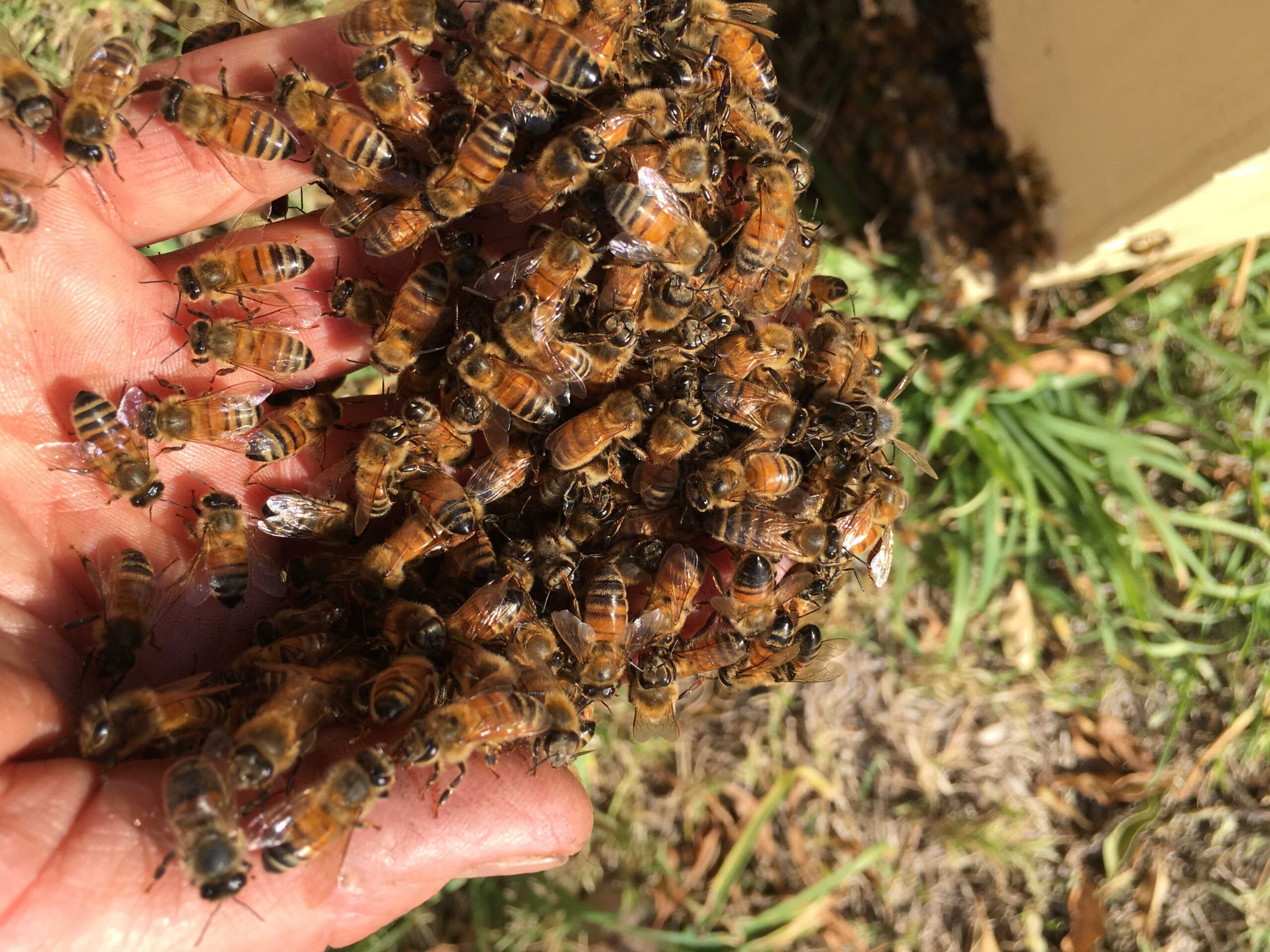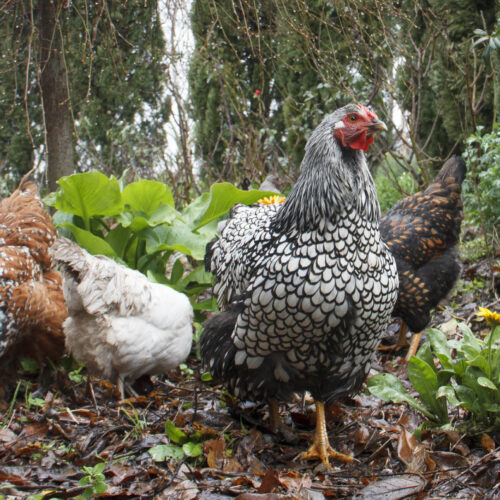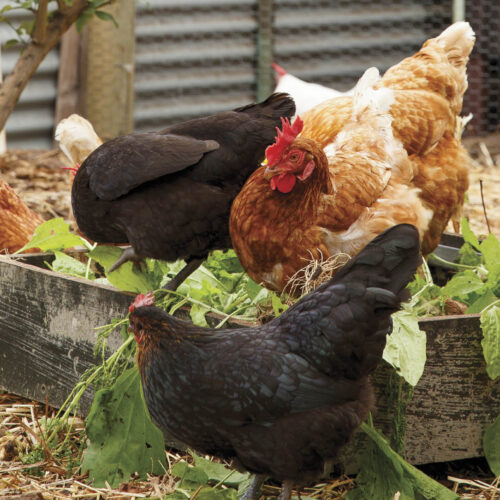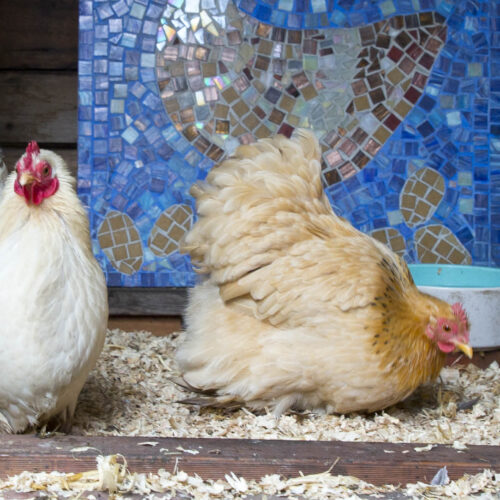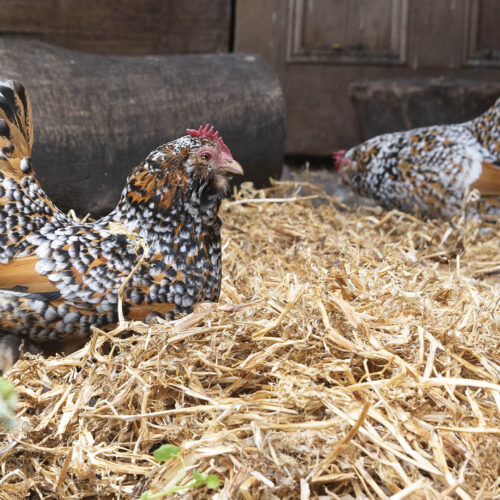Bee protected
2019-04-30T06:28:13+10:00
Is your fear of being stung holding you back from keeping bees? Kelly Lees explains how you can care for your bees safely.
We all know honeybees sting and if you decide you want to keep bees there is the very real possibility that you will get stung more than once on your beekeeping journey. However, there are many strategies to minimise the risk. Remember it is completely normal to be a bit scared in the beginning, after all you are opening a hive with 50,000 stinging insects inside.
Bees sting as a last-ditch defence mechanism to protect the honey stores and babies they work so hard to produce – the colony’s survival depends on it.
Their sting is a complex barbed organ with a toxic venom sack. This venom sack is a part of their internal organs. When the barb becomes lodged in mammalian skin (yours) it gets stuck and rips the sack from the body of the bee, in a neat evolutionary trick the venom sack comes equipped with its very own nerve impulse to ensure that you get the full dose of poison. It also gives off a unique pheromone scent that alerts other bees to ‘sting here please’ maximising the effect. Honeybees die after stinging. But the following will help you avoid getting stung.
Protection
A good way to minimise stings when starting out is to wear protective clothing – a bee suit or veil and long clothing, covered shoes and gloves. As you gain confidence you may want to ditch the gloves.
In terms of bee suits there is a range of different options from half jackets and suits with a built-in hood to simple veils that you wear over a brimmed hat. Suits should, ideally, have elastic in the cuffs with a good strong zip on the front that does up under a velcro flap at the top where it attaches to the hood. You need a nice stiff mesh in the hood so that it doesn’t touch your face. The best gloves are usually made of soft leather and should have a long fabric gauntlet that goes over your sleeves to the elbow as added sting protection.
Things to avoid wearing
There are a few things that bees really don’t like, including: black woollen socks (too bear like), strong deodorants, shampoos, perfumes and essential oils – so avoid these when working your hive.
For more gardening tips and ideas get the latest issue of ABC Organic Gardener Magazine here.

